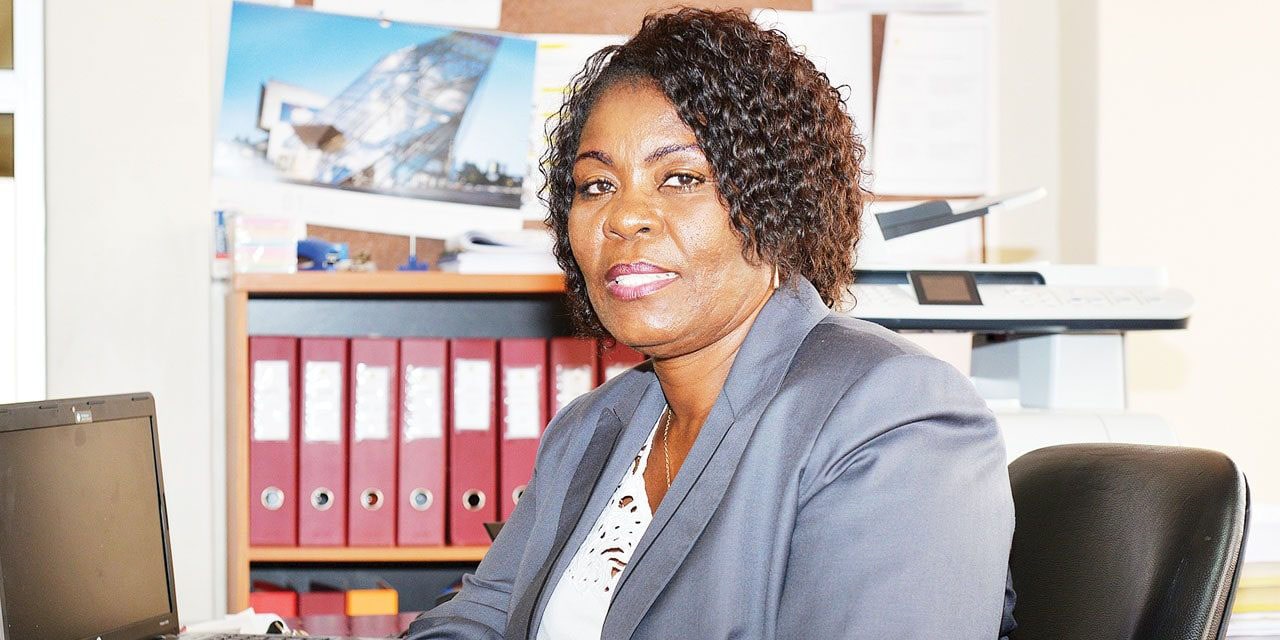Staff Writer
The Minister of Education, Arts and Culture, requires the construction of 1 176 hostel blocks and 1 075 ablution facilities.
The Minister of Education, Arts and Culture, Anna Nghipondoka in the budget motivation speech in the National Assembly yesterday said that the ministry’s budget allocation of N$14 billion for the financial year 2022/23 represents a 21% share of the national budget, has also set aside N$69 000 000 to finish building and repairs at secondary schools and hostels.
She went on to say that despite the fact that hostels are available in all regions, many secondary schools still lack accommodation facilities.
“The Ministry provides for 58,862 boarders, of which 25.7%, meaning 15,178 are primary learners. There is still a dire need to expand access to hostels as expressed through the regional Councils. This is a major challenge as hostels also remain a main and key cost driver, with a total cost of N$650 million annually for a mere 7% of the learner population – a serious opponent to equitable distribution of resources.
“Given that government school hostels are not available at all localities, especially in remote rural areas, the ministry subsidizes community hostels and private hostels, in order to ensure that the eligible groups of the needy learners are accommodated and get access to the formal basic education phase.
The per capita allocation per learner per day is N$22.00, which is paid annually to one hundred and thirteen (113) community and private hostels which accommodate less than twenty thousand (20,000) learner,” the minister explained.
Aside from hostel blocks and ablution facilities, Ngipondoka is concerned about the ministry’s decreased budget, given the fact that the backlog of permanent class rooms is increasing.
“It is worrisome to observe a downward revision in the capital budget allocation to the Ministry, given the rising demand in education facilities. The backlog in permanent classrooms is on the rise despite continuous efforts to build more classrooms, and currently stands at 4 479 classrooms countrywide,” stated Ngipondoka.
The education ministry received N$13.8 billion in the 2020/21 financial year and N$14.1 billion in the 2022/23 financial year.
Last month Nghipondoka told Parliament that their allocation, which constitutes about 23% of national total expenditure, does not address all their needs.
The ministry, which services a wage bill for 40 000 staff members, has also drastically cut subsidies allocated to universal primary and secondary education.




